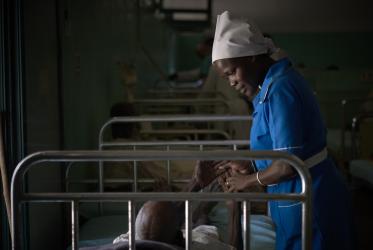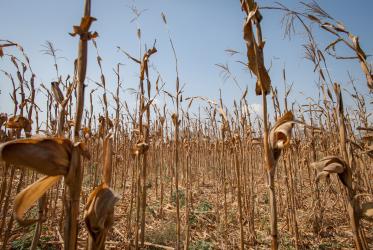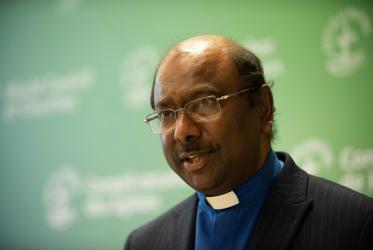Displaying 81 - 100 of 726
WCC hosts 11th Ecumenical Global Health Partners Meeting
27 April 2023
Caring for the Earth, Transforming Lives: Linking Faith & Natural Regeneration
12 May 2023
Hybrid: Online and Ecumenical Center
WCC offers input to the UN New Agenda for Peace
13 April 2023









